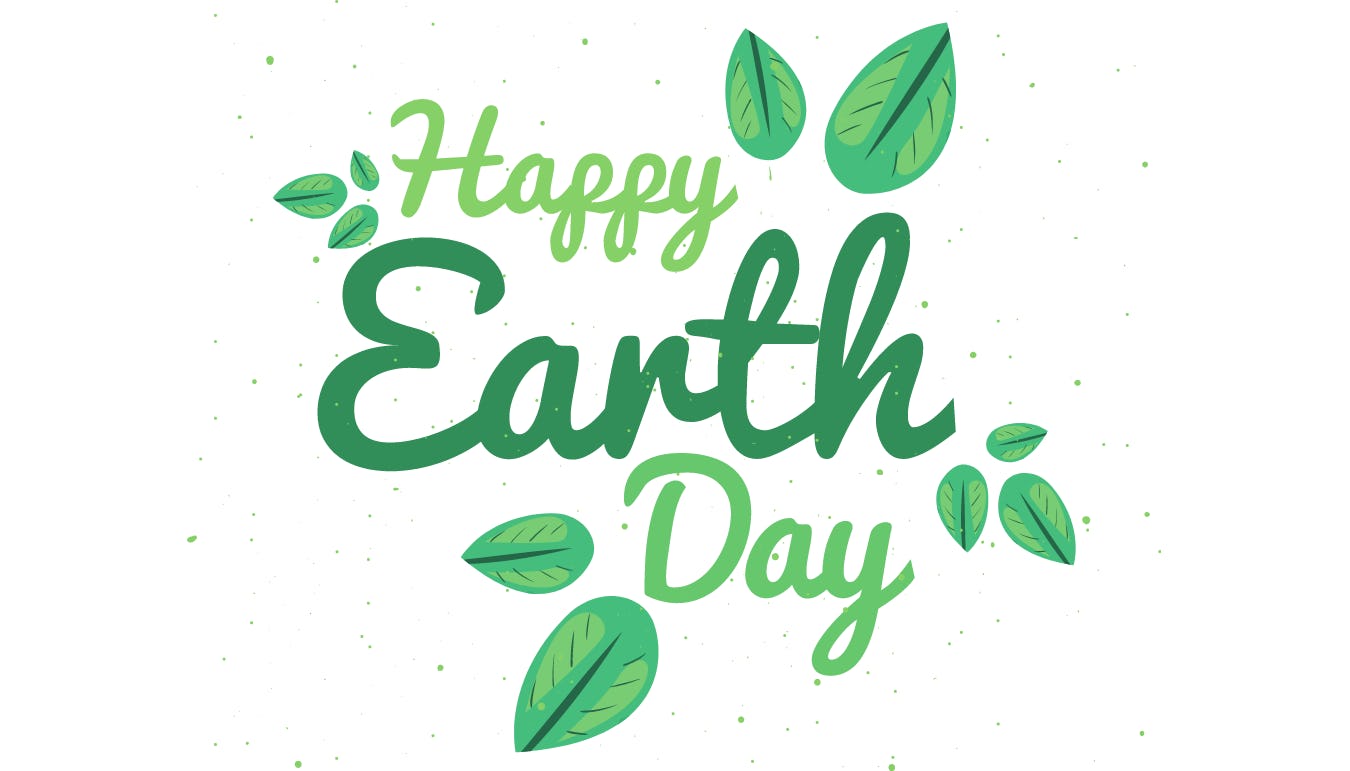Happy Earth Day! Minimize Your Impact

Happy Earth Day! This event, held annually on April 22nd, demonstrates support for environmental protection. Celebrating its 52nd year, it now includes events around the world aimed at drawing attention to the immediate need for bold, creative and innovative solutions to meet our climate crisis and seize the enormous opportunities of a zero-carbon future.
Our world needs transformational change and each of us plays an important role in this. It's imperative that we each take responsibility and action to fight climate change and to protect our precious lands, air, water and wildlife.
Don't underestimate your power. When your voice and your actions are united with thousands or millions of others around the world, we create a movement that is inclusive, impactful, and impossible to ignore. - EARTHDAY.ORG
As a mountain biker, how can you minimize your environmental impact when riding?
In recent years, there's been a lot of dialogue about the environmental impact of mountain biking. While every human activity has an environmental impact, it's important to understand ways you can minimize yours while riding. Here are a few!
Stay on the Trail
- Don't Braid - Deviating off-trail not only compromises the trail's integrity and flow, but also leads to unnecessary erosion and damage to the surrounding flora and fauna. At times, you may be tempted to carve your own path, either to snag that KOM/QOM or expedite a climb, but, don't. Trails have been built, and exist how and where they do, for a reason.
- Stop Riding Around
▹ Puddles - You've not consciously made the decision to ride in known muddy conditions (because that's not cool or kind to the trails) but, you've stumbled across a lingering wet patch. Now what? Ride around or through? Though riding through may deepen the rut and add to existing damage, from an environmental impact-standpoint, it's actually the better bet as riding on the fringe not only widens the hole, but also the entire trail.
▹ Technical Features - When it comes to techy trail features, or those beyond your skill level or comfort, if opting for the path of least resistance means deviating into the bush, don't - vegetation will be trampled, and the trail widened and erosive surface augmented. If you come up against a challenge you're not up for, dismount and walk your bike through the section or, better yet, session it. Take time to practice the section until you nail it.
▹ Fallen Trees - Tree fall and storm debris encourages veering off-trail which, like already mentioned, destroys trailside vegetation. Rather than skirting around the obstacle, channel your inner cyclocross athlete and, depending on the obstacle's size, use it as an opportunity to practice wheel lifts, bunny hops or dismounts/remounts.
Keep It Under Control and Stop Roosting Corners - Save excessive damage to terrain by managing your speed and being aware of turns and other trail users. When rippin' the downhill, rather than skidding and spraying dirt and debris over surrounding plant life in an evasive manoeuvre to miss that obstacle you didn't see, keep your eyes up and take your time to hit corners at a manageable speed. Same thing goes for flying into a corner that's not banked or bermed. It will force you into a brake-mashing skid, causing trail widening and harming bordering vegetation.
Mind the Mud - It can be a badge of honour and the mark of a great ride but, mud can also be a hazard. Your bike and clothing can carry and transplant unwanted, invasive plant seeds which, when deposited in the wrong areas, may compete with and displace naturally-occurring vegetation. Be sure to clean your bike and gear after every ride to eliminate this problem - particularly when travelling between regions.
Any positive change, no matter how small, ripples throughout the world. By making one, some, or all of these changes you can reduce your impact on the environment while still enjoying the ride. Implementing these changes may require greater consciousness on your part, but it will pay dividends for the betterment of your community and the planet. - Jessica French, Sacred Rides